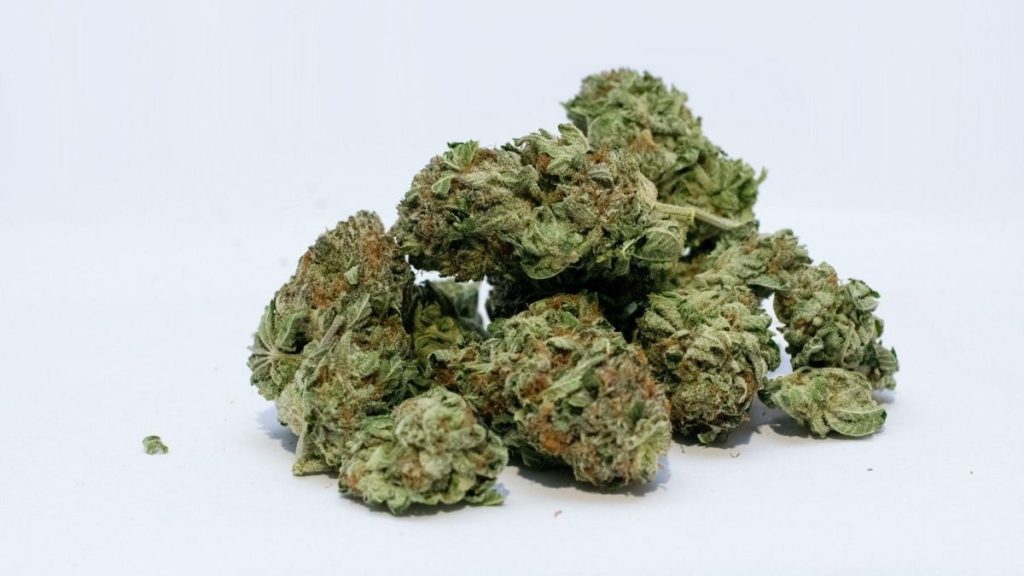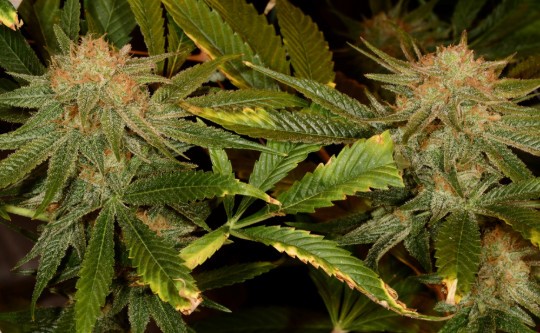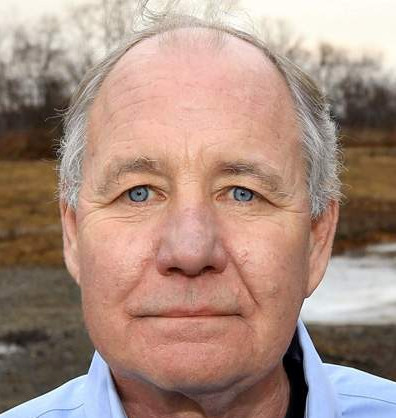In Canada, getting high off marijuana doesn’t come at a high cost—at least compared with the U.S.
Cannabis is 30% cheaper in Canada than in the parts of the U.S. where it is legal, according to a report released this week from data analysis firm Priceonomics. In the U.S., an eighth of an ounce of marijuana costs $40 on average, versus just $27.90 in Canada.
To produce its report, Priceonomics analyzed data from Wikileaf, a company that tracks the price of weed at dispensaries across the U.S. and Canada.
The report also found regional differences in marijuana prices. Cannabis is most expensive in San Francisco, where an eighth of an ounce costs $43.80. Meanwhile, it’s cheapest in Vancouver, Canada, where it will set consumers back only $27.10 for an eighth.
Canadian marijuana consumers benefit from a larger supply
Medical marijuana has been legal in Canada since 2001, which has allowed for a larger legal cannabis industry to take hold in the country. “There is a much longer history of legalization in Canada and, thus, a larger supply of legal marijuana growers and sellers,” the report noted.
Indeed, multiple medical marijuana companies are publicly traded in Canada, such as Canopy Growth Corp. (CA:WEED) and Aurora Cannabis (CA:ACB)
Canadian Prime Minister Justin Trudeau and his party, the Liberal Party, have backed legislation that would legalize recreational marijuana nationwide in Canada for all adults age 18 or older. The bill is expected to be voted into law, though some lawmakers have called for a delay in the legislation. If the bill does pass, recreational marijuana sales could be legal as soon as this summer.
Dispensaries and growers anticipate that marijuana sales will spike in the wake of legalization, Priceonomics said. Consequently, companies are stockpiling cannabis products in preparation. “With marijuana, as with most things, when the supply is high, the prices are not,” the report said.
Americans could face higher marijuana prices
Meanwhile, the cannabis industry in the U.S. is on shakier ground. Marijuana is legal for recreational use in nine states and Washington, D.C., and for medical use in 20 states. Four other states have also decriminalized marijuana possession without making the drug legal in some capacity.
Despite the state-based movement toward marijuana legalization, the drug remains illegal at the federal level. And in January, Attorney General Jeff Sessions rescinded an Obama-era policy designed to protect states that had chosen to legalize cannabis.
That move prompted concerns that distributors and dispensaries in states where marijuana was legalized may shut down operations, especially if the Trump administration were to seek prosecution against cannabis firms. And that in turn could raise the price for American consumers.
Jacob Passy is a personal-finance reporter for MarketWatch and is based in New York.
Credit: msn.com













